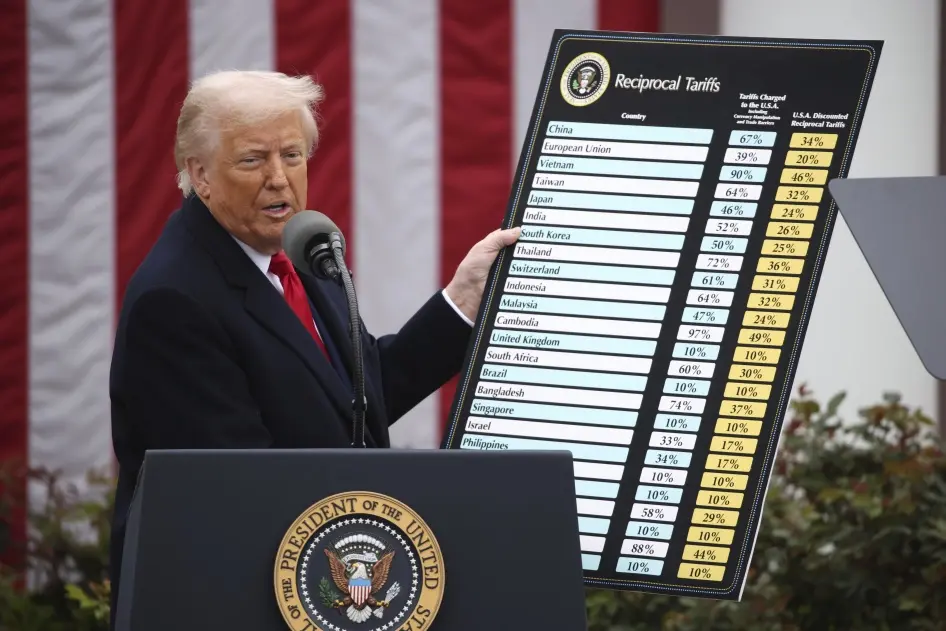
Trump's Economic Policies and Effects on the World, Especially China and Russia
President Donald Trump's economic policies in his second term (2025) are characterized by aggressive tariffs, sanctions, and a focus on "America First" priorities. Key moves include tariffs up to 500% on countries buying Russian oil (targeting India, China, and Brazil), seizing Venezuela's oil reserves (giving the U.S. nearly 30% of global oil reserves), and withdrawing from 66 international treaties, including the Paris Agreement.
Read More...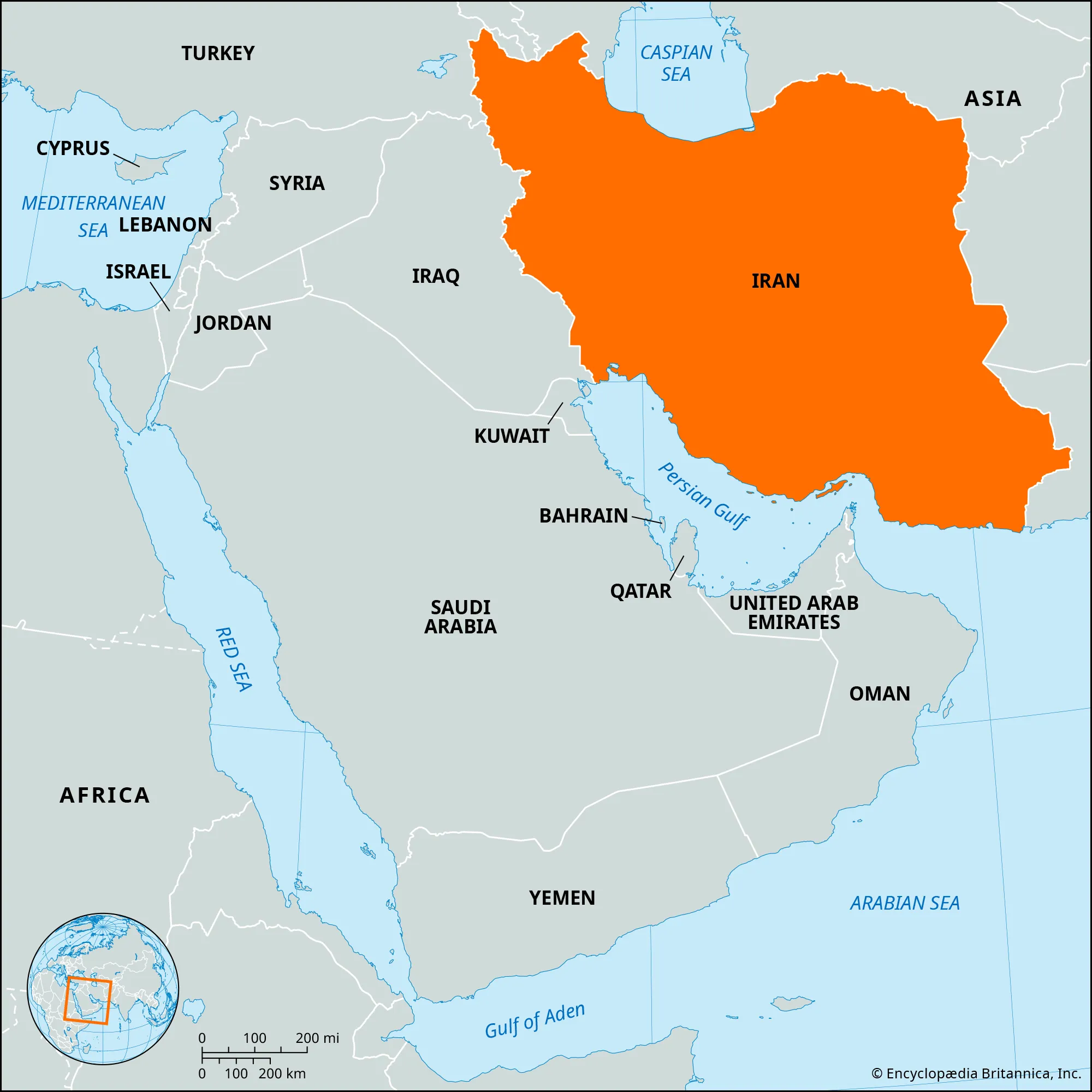
Iran's Current Situation and Effects on Gulf Countries
Iran's situation is highly volatile as of late 2025. Massive protests have erupted across the country, sparked by economic struggles, soaring prices, and political repression, with hundreds reportedly killed in the government's crackdown. The U.S., under President Trump, is weighing responses including military options, cyberattacks, or boosting sanctions. Trump has stated readiness to help Iranians gain freedom, while Iran's parliament speaker warned the U.S. against "miscalculations," ...
Read More...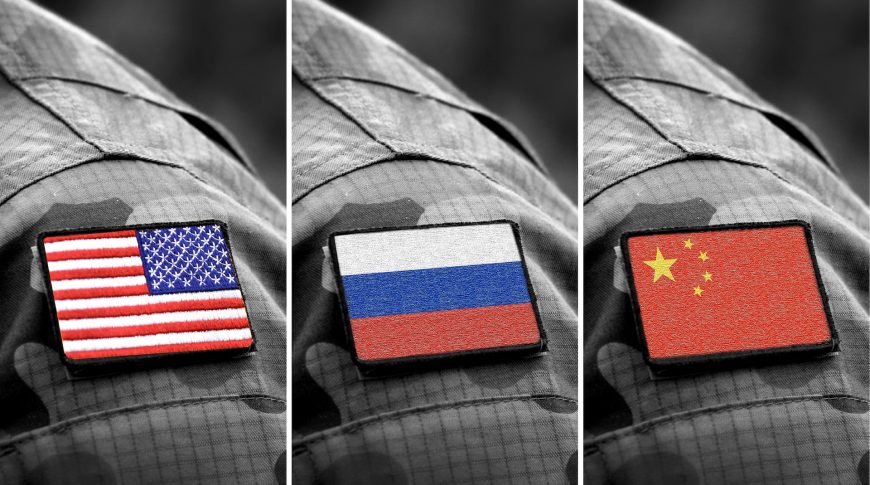
Comparison of Defense Strength: China, Russia, USA
This comparison evaluates the defense strengths of China, Russia, and the United States based on key military metrics such as rankings, personnel, budgets, and equipment. The data highlights the USA's overall lead, with Russia and China following closely in various aspects. Note that assessments can vary by source and methodology.
Read More...
Overview of the "Peace Pack for Palestine" Proposal
This proposal's positives center on short-term relief—halting the war, aid influx, and hostage returns—which could save thousands of lives and provide breathing room for diplomacy. It's a rare framework addressing post-war governance, welcomed by moderates like the PA for its reform incentives and Arab buy-in. However, the negatives dominate: It's structurally imbalanced, prioritizing Israeli security over Palestinian rights, with no firm commitments to end occupation or statehood. Critics, including Palestinian analysts and X users...
Read More...
Recognition and Governance of the State of Palestine
The State of Palestine’s recognition by 150 UN member states as of September 2025 reflects growing global support, but its governance under the PA is hampered by limited sovereignty, internal divisions, and external constraints. The absence of elections, territorial fragmentation, and financial dependence highlight a lack of a physical, independent state structure, with public support eroded by unelected leadership.
Read More...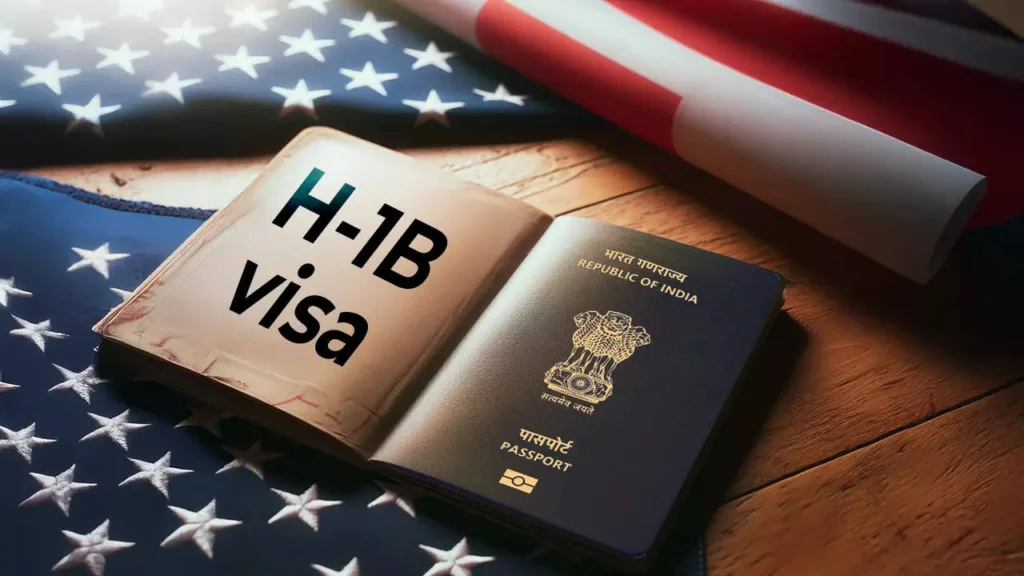
Overview of the H-1B Visa Program
The H-1B visa program, crucial for U.S. innovation, faces transformative changes in 2025 under the Trump administration, including a $100,000 fee for new visas and merit-based reforms. These aim to prioritize American workers but may disrupt talent flows, particularly for Indian nationals. Employers and workers should adapt to streamlined processes while preparing for higher costs and exceptions. Monitor USCIS (https://www.uscis.gov) for updates.
Read More...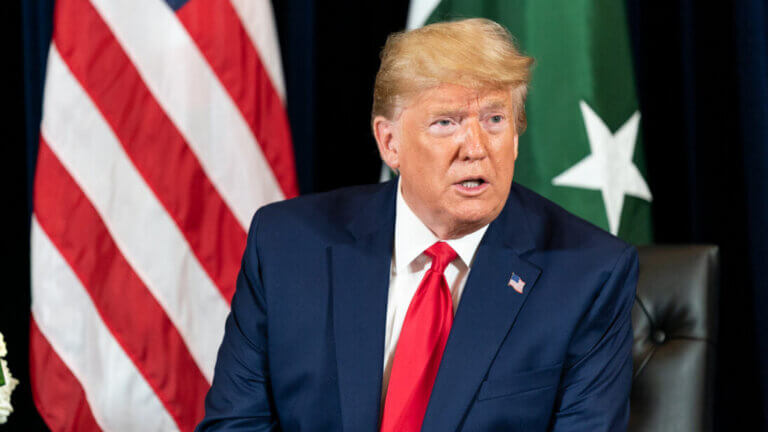
Trump’s Focus on Pakistan’s Mineral Resources (2025)
Trump’s 2025 focus on Pakistan’s $8 trillion mineral reserves reflects a strategic push to secure critical resources, counter China, and leverage geopolitics. The $500 million MoU with U.S. Strategic Metals and tariff reductions mark progress, but insurgency, human rights issues, and economic constraints pose risks. While Pakistan’s minerals offer potential, careful navigation of security and ethical concerns is crucial.
Read More...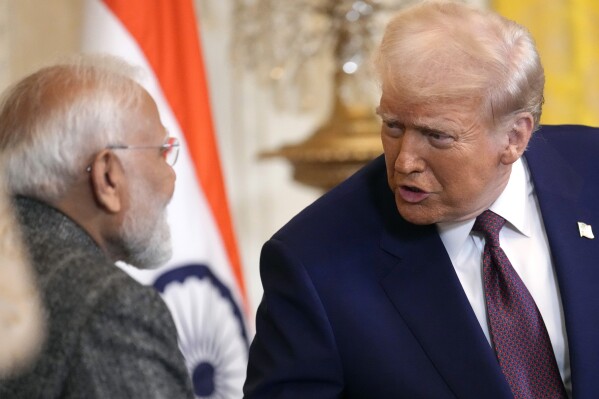
Trump-Modi Relations: Strategic Fluctuations
Trump and Modi’s relationship in 2025 combines personal warmth with policy friction over tariffs and Russian oil. Defense ties and joint exercises provide stability, but India’s strategic autonomy—evident in Modi’s outreach to China and Russia—challenges U.S. leverage. Balancing trade disputes with security cooperation will shape this “special” yet fragile partnership.
Read More...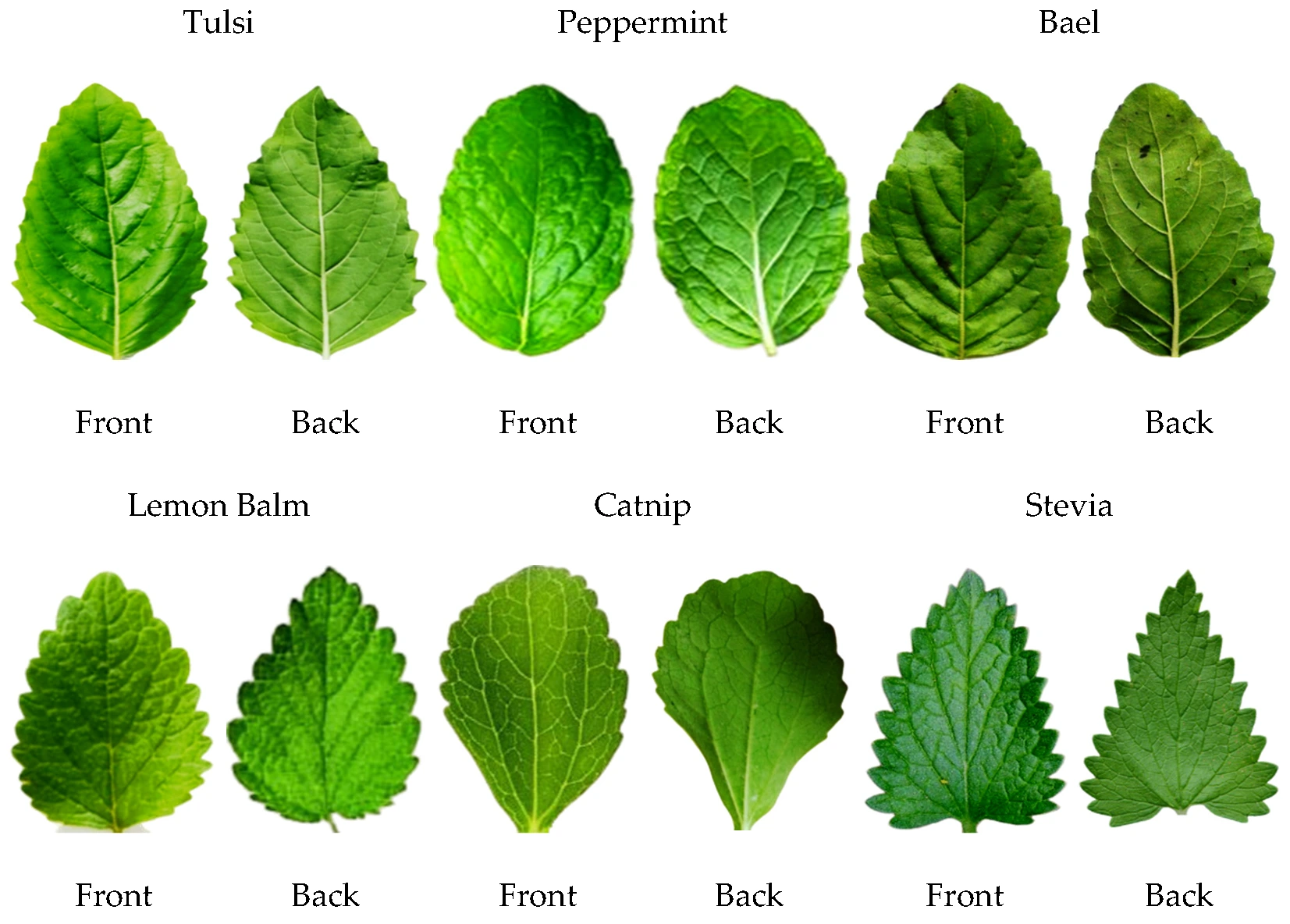
The Magic of Plant Leaves in Traditional Medicine (2025)
Plant leaves, rich in bioactive compounds like alkaloids, flavonoids, and essential oils, have been used for centuries in traditional medicine across cultures for their therapeutic benefits. Known for their "magic" in treating ailments from wounds to respiratory issues, these natural remedies often have fewer side effects than synthetic drugs when
Read More...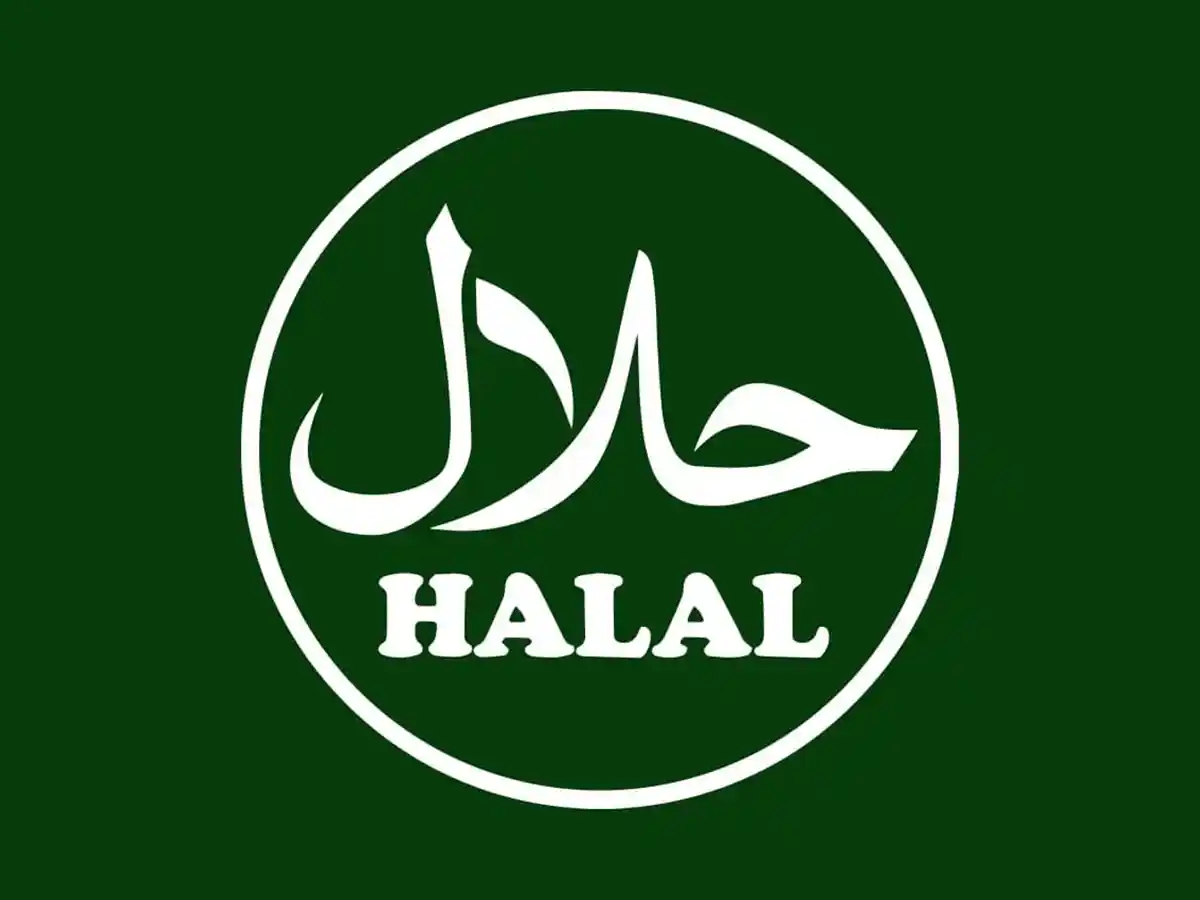
Halal Certification Industry: Challenges and Controversies (2025)
The halal certification industry ensures products comply with Islamic standards, serving a $2 trillion market for 1.8 billion Muslims. Covering food, cosmetics, pharmaceuticals, and even construction materials, it verifies the absence of haram (forbidden) ingredients and adherence to specific slaughter methods. However, accusations of it being a "scam" stem from food fraud,...
Read More...
The Axis of Upheaval: Challenges to the US and EU (2025)
The "Axis of Upheaval," comprising China, Russia, Iran, North Korea, and Pakistan, represents a loose but increasingly coordinated coalition of authoritarian states challenging the US- and EU-led global order. Coined by analysts at Foreign Affairs, this grouping—sometimes called "CRINK" (China-Russia-Iran-North Korea) with Pakistan as an extension—has deepened ties since Russia’s 2022 invasion of Ukraine, driven by shared opposition to Western hegemony. The September 2025 SCO
Read More...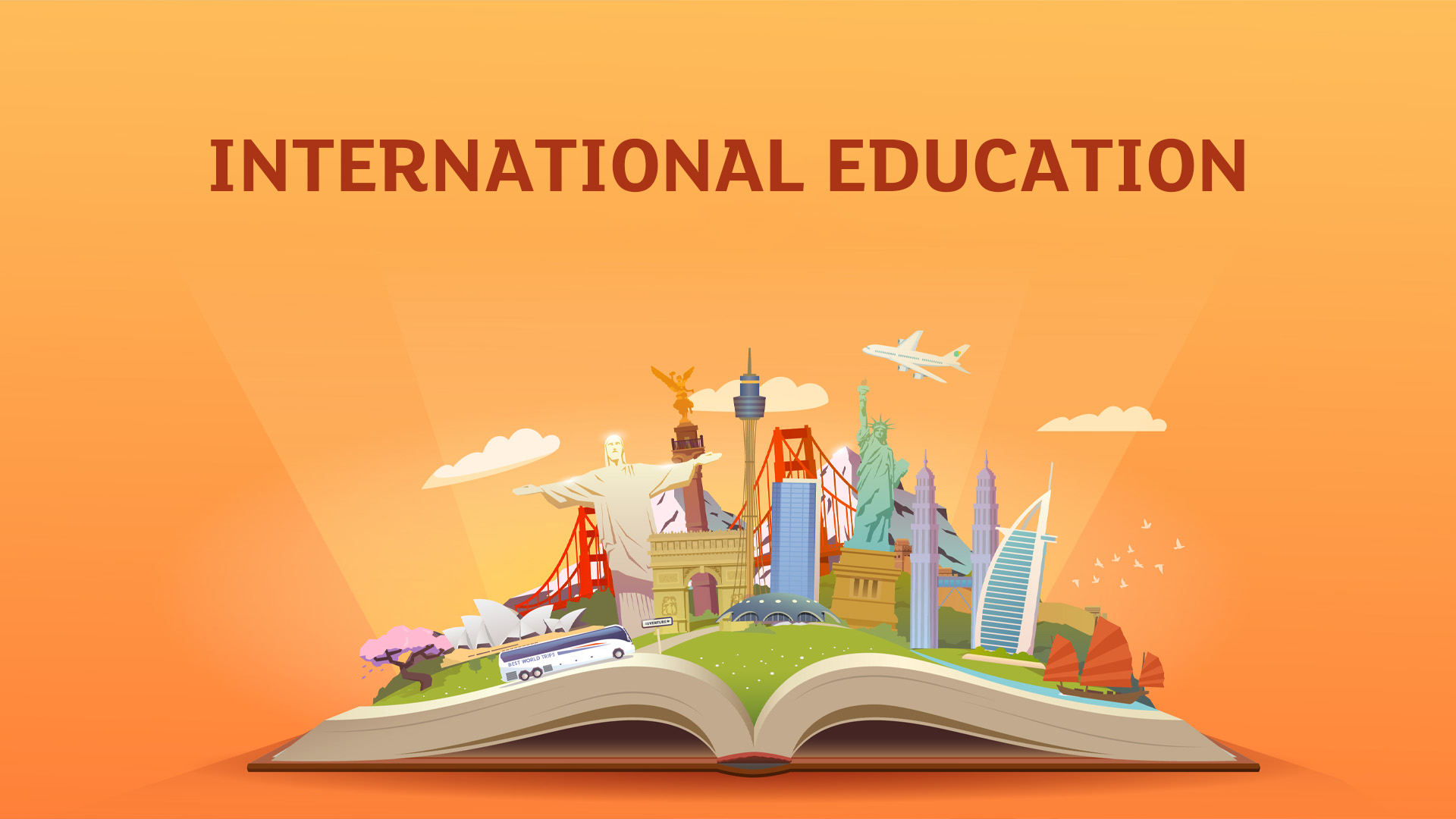
International Education Market Analysis (2025)
The international education market is poised for significant growth, projected to reach $10 trillion by 2030, with the international schools segment growing to $95.9 billion at a 7.5% CAGR. Asia leads with 58% of global schools, driven by China and India, while Europe and North America attract students with prestigious curricula. ..
Read More...
Political Families of the World
Political families like the Kennedys, Bhutto-Zardaris, Nehru-Gandhis, and House of Saud have left indelible marks on their countries’ politics, leveraging historical legacies and resources to maintain influence. While they provide stability and continuity, they often face criticism for perpetuating inequality and limiting political diversity...
Read More...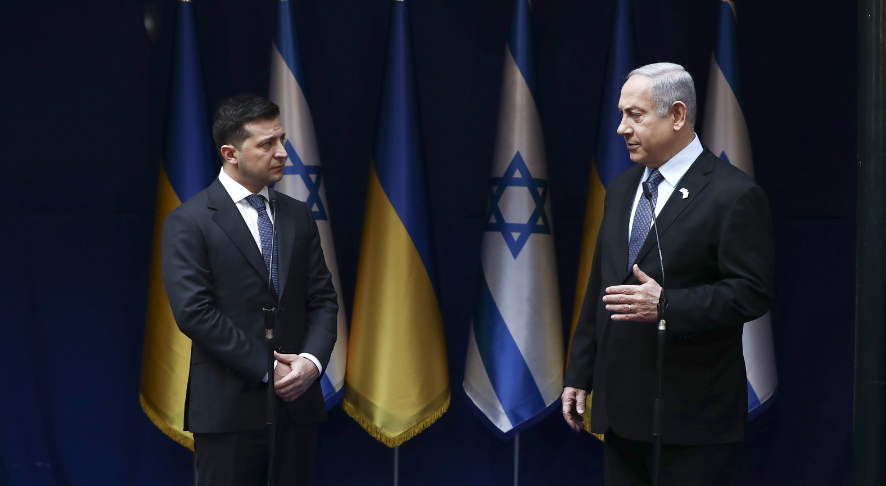
Why Ukraine more important than Gaza
Comparing the importance of Ukraine and Gaza oversimplifies two profound crises. Ukraine’s conflict has broader global implications—security, food, and energy—making it a strategic priority for the West. Gaza’s acute humanitarian crisis and symbolic weight in the Global South demand equal moral urgency. Both require tailored responses, and prioritizing one risks neglecting the other’s unique challenges. Ukraine’s ....
Read More...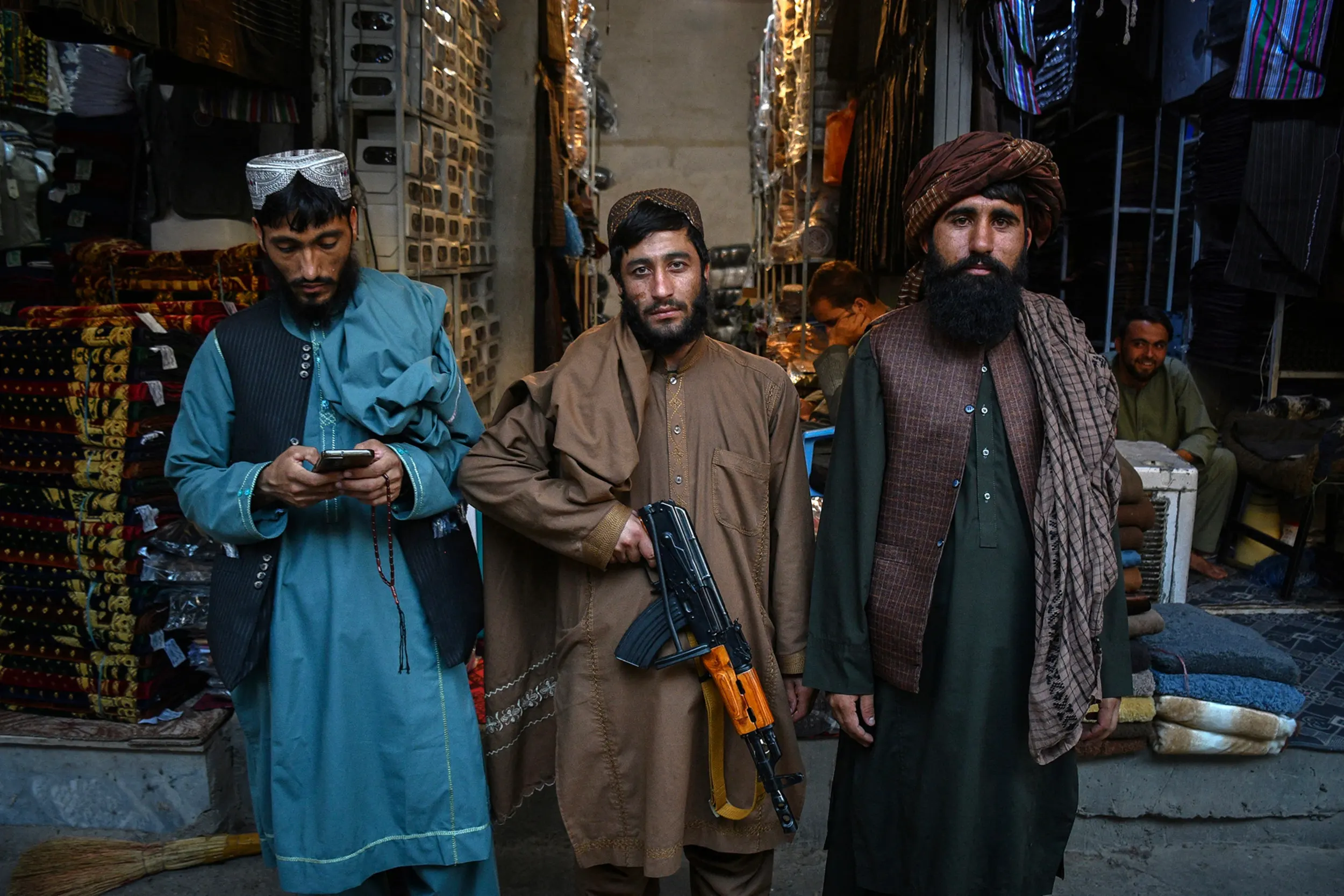
History of the Taliban
The Taliban’s history reflects Afghanistan’s turbulent path, from their 1994 emergence amid civil war to their 2021 return to power. Their strict interpretation of Sharia, ties to al-Qaeda, and governance challenges have shaped their controversial legacy. As of 2025, the Taliban faces the dual challenge of maintaining control while addressing humanitarian and...
Read More...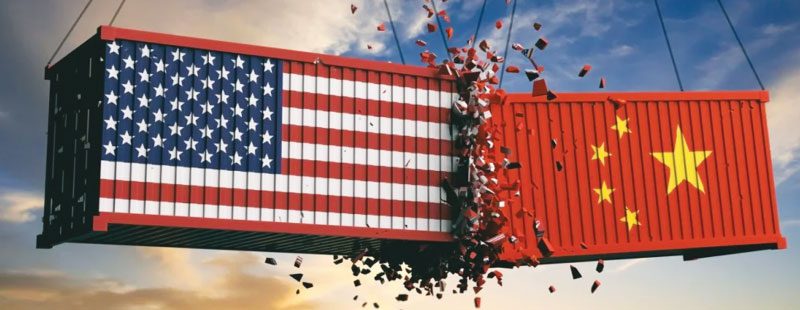
US-China Trade War
Asia's security environment is shaped by a mix of traditional and non-traditional challenges, from territorial disputes and military build-ups to cybersecurity threats and climate change. Regional cooperation through platforms like ASEAN is critical, but overcoming internal divisions and strategic complexities remains essential for fostering stability and addressing these multifaceted issues.
Read More...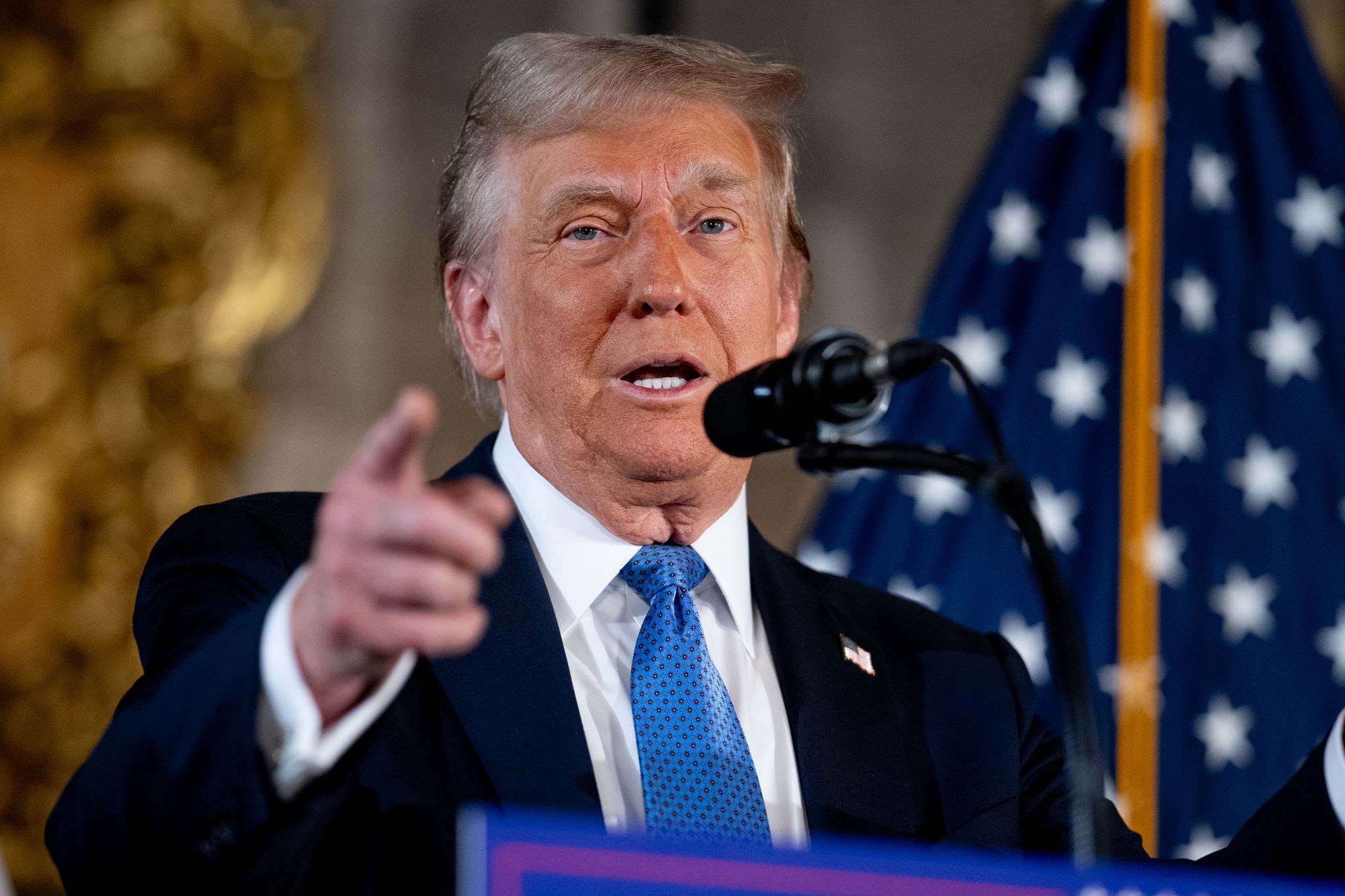
Donald Trump's Plan for Arabian Countries
The concept of Greater Israel has sparked controversy and tensions, both domestically and internationally. Critics argue that it promotes expansionism and undermines Palestinian rights, while proponents see it as a means of fulfilling biblical prophecy or ensuring national security
Read More...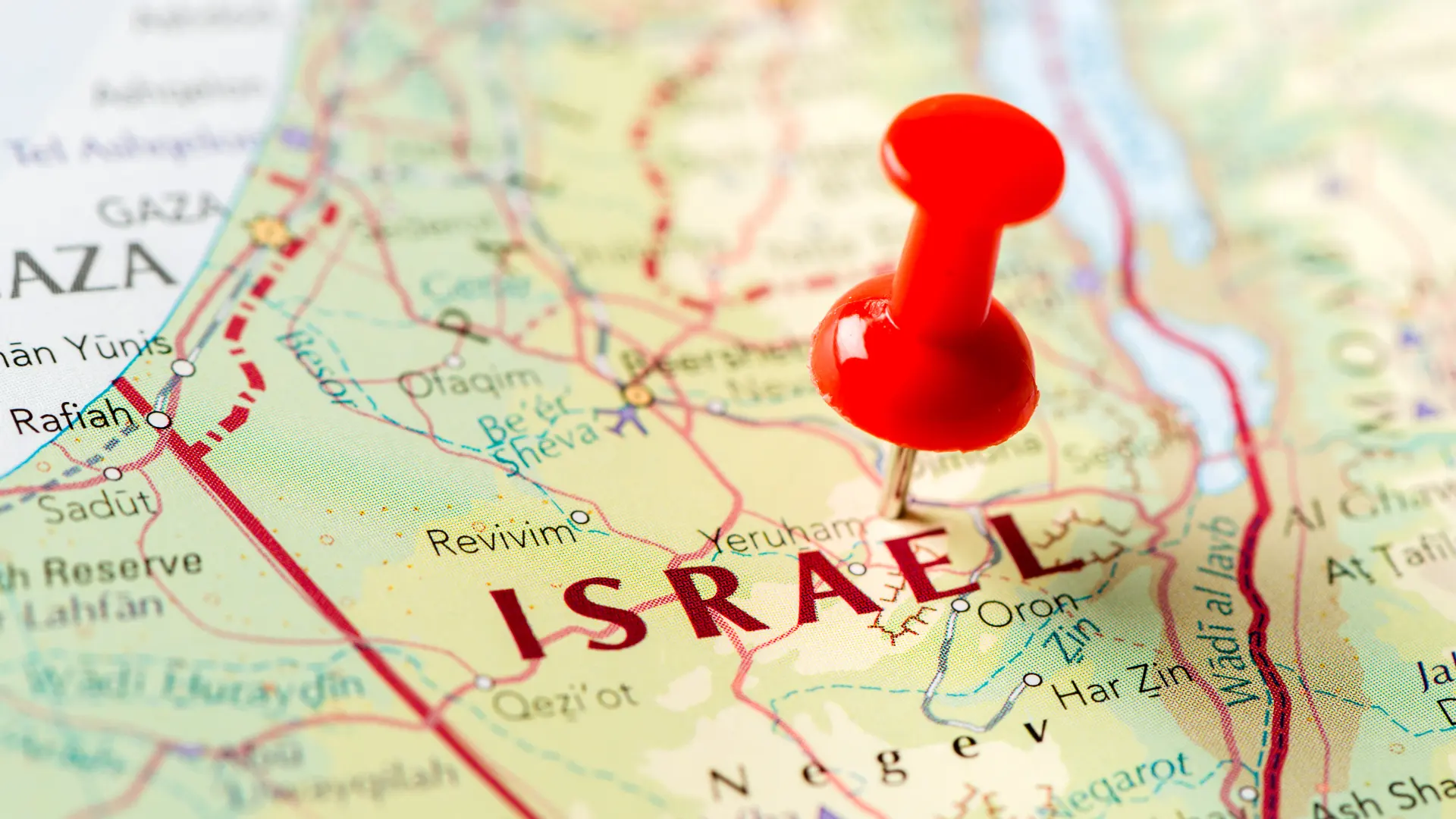
Greater Israel Plan
The concept of Greater Israel has sparked controversy and tensions, both domestically and internationally. Critics argue that it promotes expansionism and undermines Palestinian rights, while proponents see it as a means of fulfilling biblical prophecy or ensuring national security
Read More...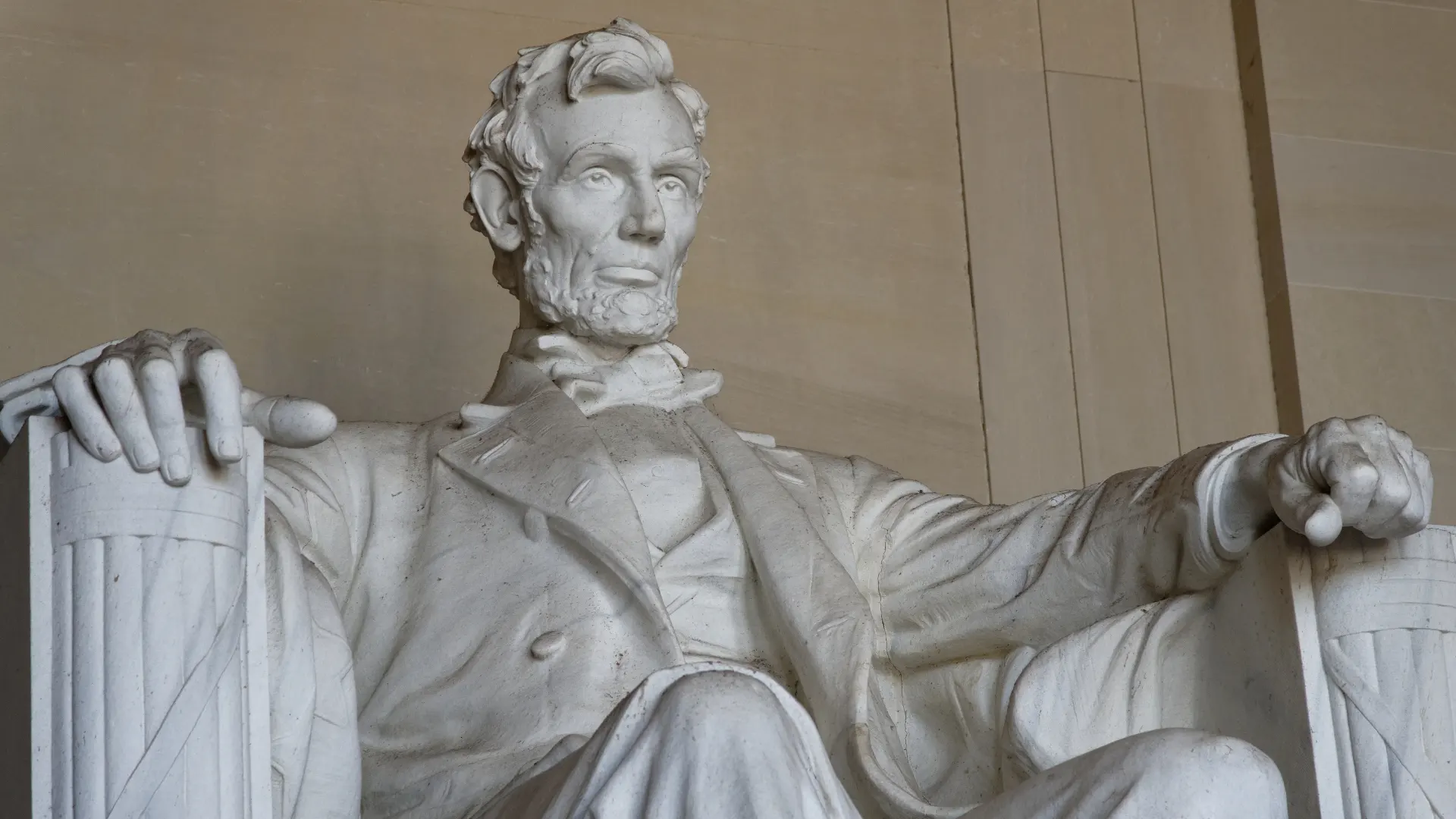
USA History
The story of the United States spans from its Indigenous roots and colonial settlements to revolution, westward expansion, and a devastating Civil War that reshaped the nation. Industrial growth, global conflicts, and the fight for civil rights marked its rise as a world leader. In the modern era, America faces the challenges of globalization, terrorism, and rapid technological change — continuing to shape global politics, culture, and innovation.
Read More...